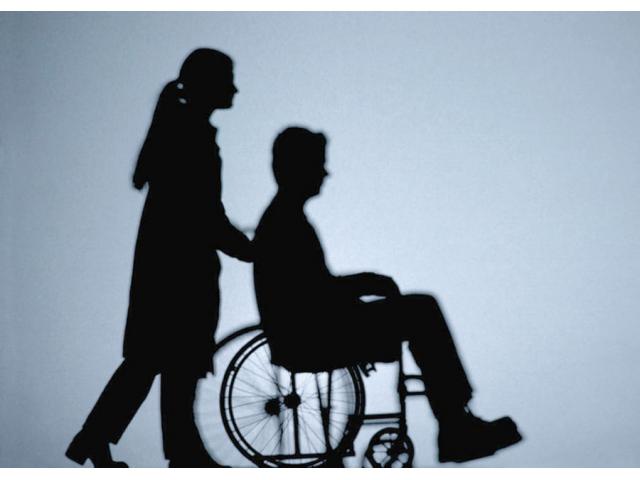Most people in and out of the Church can accept that mental illness is real when manifested in a visible way. Someone who has witnessed a person with schizophrenia in a psychotic episode would have no doubt that that illness is real (though some in the Church might actually assess that as demon possession). But what about someone living in reckless ways during a manic episode of bipolar disorder? What about someone who struggles with suicidal thoughts? Where is their faith? Is that sin or illness or both? Are those even the right questions to be asking?
Enter a theology of sin that is not big enough for biological factors to be at play. Those of us Christians who have the privilege of being mentally well generally believe that we are able to control all of our thoughts and choices. When we are tempted, we need to flee from temptation. When we worry, we need to cast our cares on God. These are the responsibilities of the Christian to stay on the narrow path. Perhaps even in this theology we place ourselves in too powerful a position over our own lives. We have to remember that if we have it together, that is solely by the grace of God. Romans 9:16 is helpful here: “So it is God who decides to show mercy. We can neither choose it nor work for it.”
But how do malfunctions of the brain factor in here? Are some more capable of self-control than others? In my book, On Edge: Mental Illness in the Christian Context, I use an example of a person with developmental disabilities. Certainly (hopefully!) no one would expect a person of limited intellectual capacity to have a well-developed theology in order to enter the kingdom of God. (And by the way this is not a requirement Jesus placed on anyone regardless of capacity.) Can, for example, a non-verbal person with autism receive salvation if they cannot understand the Gospel and cannot “confess with their mouth that Jesus is Lord”? Or are they shut out from the Kingdom?
Similarly, a person struggling with depression may not be able to consistently engage at church. They may struggle with doubt or have thoughts of killing themselves. Is this because of a lack of faith? Or is their disordered brain incapable of overcoming these thoughts no matter how much faith they try to muster? And why is it their responsibility to fix this themselves?
This is where the Church has to do its job: demonstrate love and compassion. Why is it not the entire Church’s responsibility to spiritually carry those who are struggling to carry themselves? Why do we not enter into these situations to offer care and non-judgmental support? Why do we have to have a neat and tidy explanation and evaluate the person’s spiritual standing before helping them?
I would like to challenge the Church to rise up to support, love and defend those with mental illness even when we don’t know how to understand or explain it. Let us reach out with open arms to those who are marginalized, misunderstood and downtrodden. Let’s show the love of Jesus and get off the judgment seat in every way. Messages from the pulpit that support a “try harder” theology are unhelpful for all of us. May we live and preach the Gospel in its entirety.









